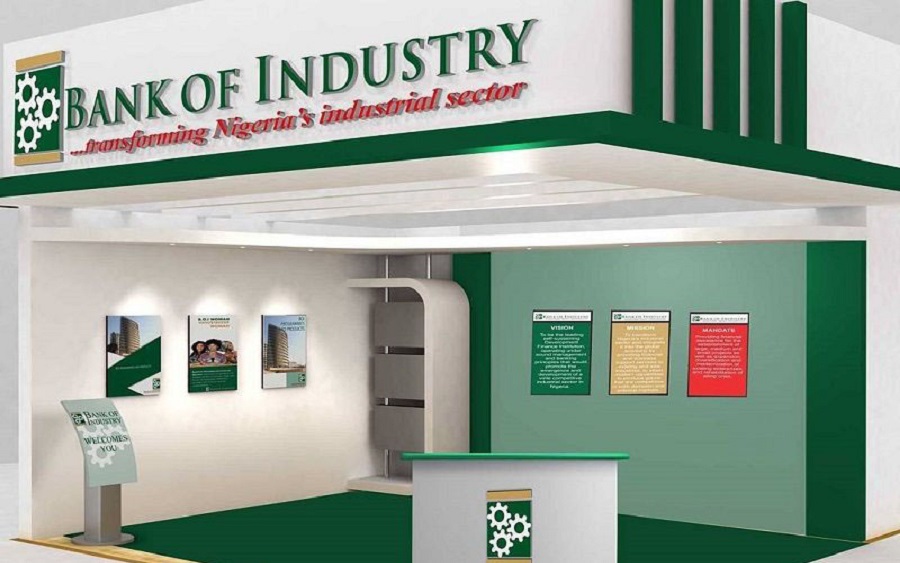By Seyi Asagun
In Nigeria today, credit is more than just a financial tool — it is a business passport. For micro, small and medium enterprises (MSMEs), your credit history tells lenders whether you can be trusted with capital.
Sadly, too many entrepreneurs are damaging their future by accumulating negative credit histories, often without realizing the long-term consequences.
We see a worrying trend: MSMEs and individuals jumping from one loan app to another, leaving unpaid debts behind. These debts are now being recorded by more lenders who, before releasing funds, review credit reports from licensed credit bureaus. Defaulting today could mean being locked out of funding tomorrow.
Building and Maintaining a Good Credit Profile
A strong credit profile rests on three pillars: accountability, structure, and financial discipline.
- Accountability means keeping proper records and being transparent when lenders ask for documentation.
- Structure means having systems in place, no matter how small your business is, to track sales, expenses, and profits.
- Discipline means repaying on time, every time.
It’s not about perfection — it’s about proving to lenders that you can manage money responsibly. Businesses can build or rebuild their profiles by settling outstanding debts, keeping accurate records, avoiding over-reliance on quick loans, and using credit only when there’s a clear plan for repayment.
The Ripple Effect of Loan Defaults
Loan defaults don’t just hurt the borrower — they weaken the entire credit ecosystem. When too many MSMEs fail to repay loans:
- Lenders become more cautious and selective.
- Interest rates rise to cover perceived higher risks.
- Loan terms become stricter and more demanding.
Unfortunately, lenders also contribute to the problem when they issue loans without properly assessing a borrower’s capacity to repay. This lack of diligence can encourage a cycle of borrowing and defaulting. In the long run, poor credit habits not only damage your personal or business reputation but also make credit more expensive and less accessible for everyone.
Breaking the Cycle Through Financial Discipline and Literacy
One reason Nigeria faces a persistent loan default crisis is poor financial literacy. Many entrepreneurs don’t fully understand how credit works, how their actions affect their credit scores, or the long-term consequences of defaults.
Addressing this requires:
- Education: Training programs for MSMEs on credit management, budgeting, and loan repayment strategies.
- Transparency: More communication from lenders about the cost of borrowing and the implications of missed payments.
- Policy Reforms: Stronger enforcement of lending standards, wider use of CBN-approved credit bureaus, and incentives for good repayment behavior.
Ultimately, breaking the cycle is about adopting better credit habits today. If MSMEs focus on discipline, transparency, and accountability now, they will secure better funding opportunities tomorrow — and help strengthen Nigeria’s overall financial ecosystem.
Mr Seyi Asagun is a finance expert and is the CEO of Entourage Integrated Trust Ltd. You can read more of his deep insights on his publication, The Seyi Asagun Brief, on substack.





















